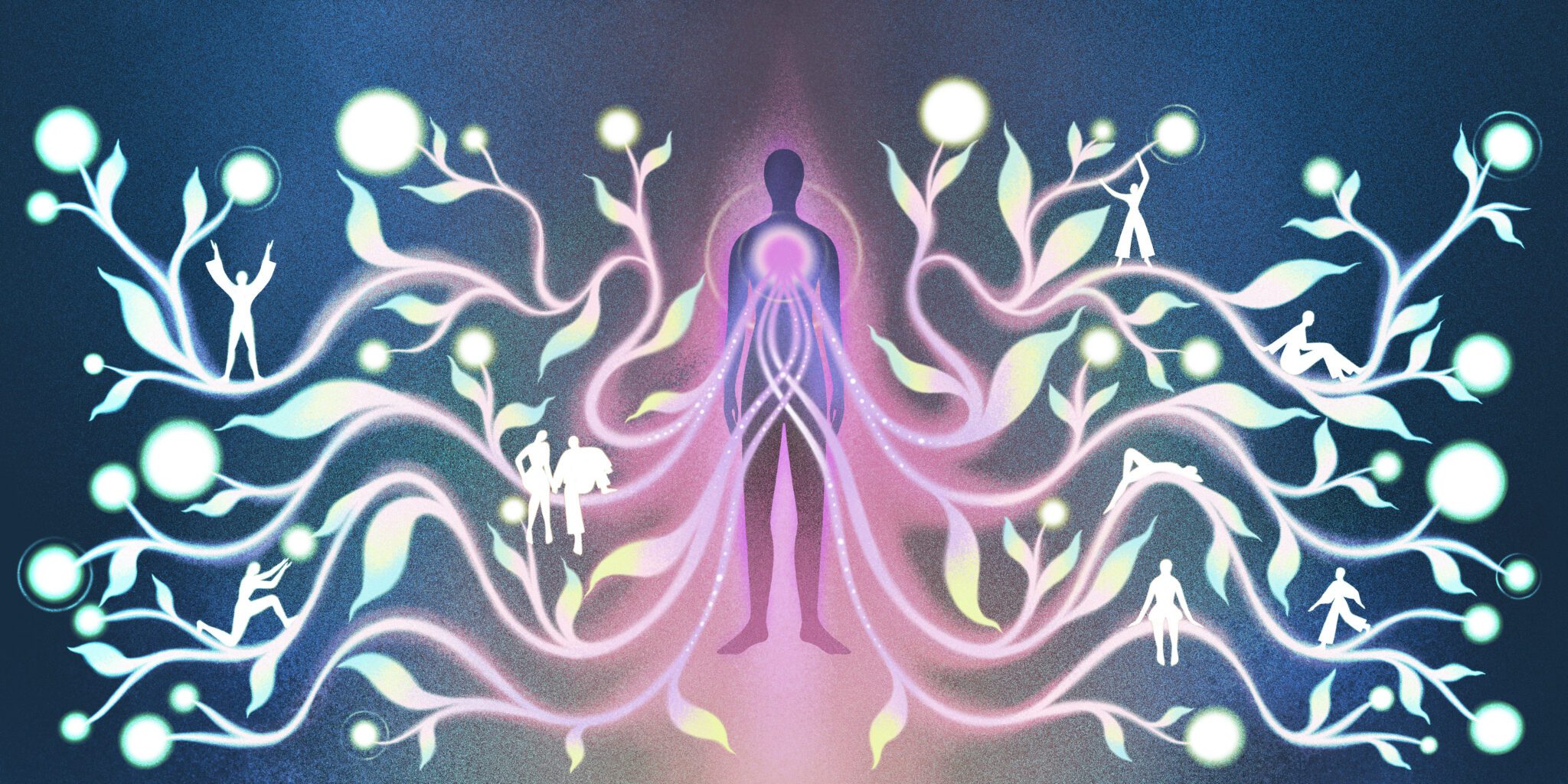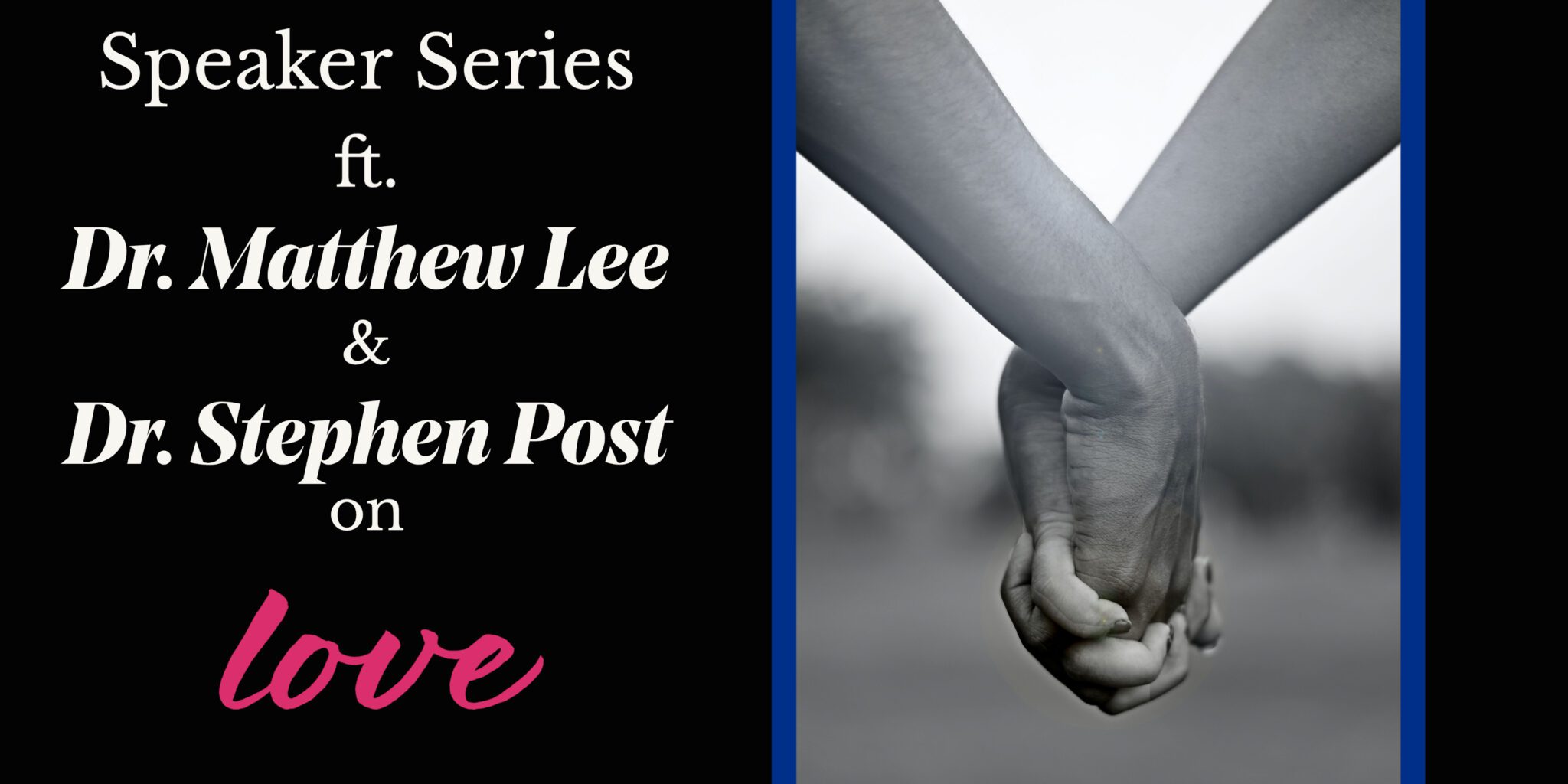“Love is not just an emotion, it’s our very existence, it’s woven through all of creation. And the more we see it and the more we experience this, it allows our life to become an expression of that love.” – Uma Viswanathan
Uma Viswanathan is the executive director of New Pluralists, a collaboration between field leaders and funders, like the John Templeton Foundation, to strengthen the culture of pluralism in the United States. She has 15 years of experience leading, advertising, and investing in collective forms of leadership to build greater equity, inclusion, and belonging. Prior to her role with New Pluralists, she was a program officer at the Robert Wood Johnson Foundation and at the Kellogg Foundation where she worked in social justice movements and led efforts to bring critical resources to Haiti.
At New Pluralists, she has overseen the development of a truly collaborative effort to heal divides, build bridges, and cultivate belonging in our world. New Pluralists has awarded grants totaling $20 million to safeguard pluralism practices. Additionally, they have created a network of funders who are actively involved in assisting New Pluralists in learning how to carry out their mission and strive to create connections across a range of industries.
Watch the full conversation from this speaker event.
On May 23, Uma visited staff at the John Templeton Foundation to discuss the concept of love in Hinduism and how it connects to her work in philanthropy. She began her lecture by talking about Hindu religious and cultural frameworks. As a yoga and meditation teacher, Uma presented a distinctive viewpoint: she emphasized the complex nature of love, its link to the divine, and its transformational power.
“It is not about understanding [love], it is about experiencing it,” says Uma.
She began to understand this concept early in her childhood when her parents would send her and her sister to India with their extended family during the summers. Being in that environment and absorbing their culture taught them that life is not just about us, but that humans are part of an interconnected whole.
Uma explained the belief in Hinduism that love is a fundamental part of the divine nature, and that Brahman, the source of all existence, is the embodiment of infinite love. This divine love is regarded as the unifying factor that unites all beings and permeates the universe as a whole. Bhakti, which translates to “devotional love,” is a strong emotional bond with a particular deity or with the divine as a whole. Bhakti allows people to transcend the bounds of the physical world by fostering a sense of unity with the divine through acts of worship, prayer, chanting, and meditation.
Uma also described romantic love as being recognized as an integral part of human experience in Hinduism. Hindu scriptures and literature often depict passionate love between divine beings, serving as metaphors for the soul’s yearning to unite with the divine. Romantic love is seen as a vehicle through which individuals can experience and express profound spiritual and emotional connections, leading them closer to the divine.
Uma explained how they use the term non-duality in Hinduism, which refers to the idea that underneath the fabric of everything, there is one loving consciousness that expresses itself in infinite diversity, and that those two things coexist. Uma referred to it as being like a wave that exists in an ocean: the wave can be its own independent wave, but it is still a part of the ocean.
Uma also described another facet of love, known as seva, which refers to service. Service is an important part of spiritual development and the path to freedom. “Love expresses itself through service,” said Uma. Seva denotes actions of compassion, generosity, and charity performed for the benefit of others with no hope of compensation. Love manifested through selfless service is regarded as a necessary component of spiritual development and the road to freedom.
“The idea of saying I love another is like saying my right hand loves my left hand right. It’s one body and this is what it means to belong, which is the ultimate form of belonging and where love begins.”




